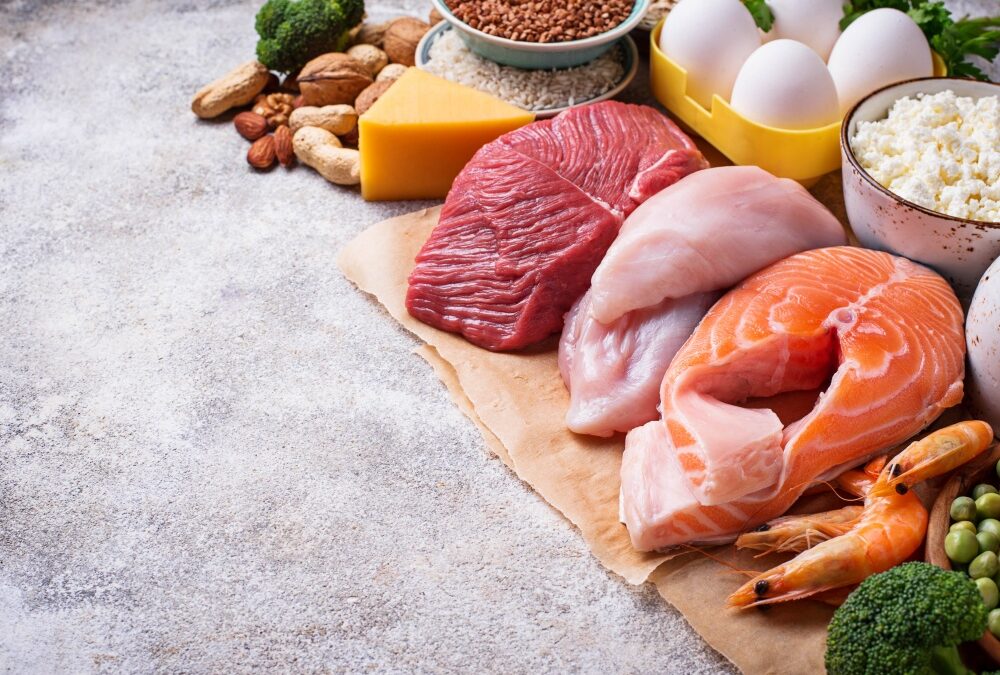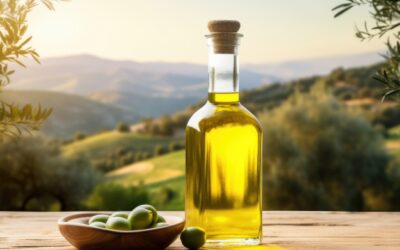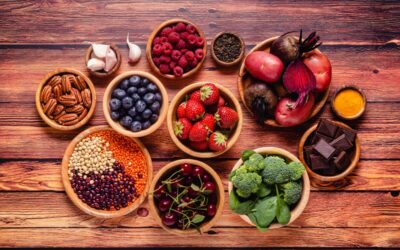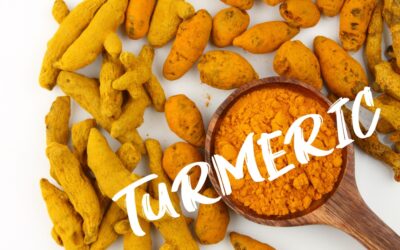Weight management can be a challenging journey for many individuals, but with the right approach, achieving a healthy and sustainable weight is possible. Among the various factors that influence weight loss success, the role of protein cannot be overstated. Protein is a critical nutrient that not only supports muscle development and repair but also plays a significant role in regulating appetite and promoting fat loss. In this article, we will explore the importance of protein for weight loss and how it can be an invaluable ally on the path to a fitter and healthier body.
Protein is Key for Satiety and Appetite Regulation
One of the most significant advantages protein can play in managing your weight is its ability to increase feelings of fullness and satiety. Unlike carbohydrates and fats, protein takes longer to digest, keeping you feeling satisfied for a more extended period after a meal. This reduced desire for constant snacking and overeating can lead to a decreased overall caloric intake, promoting weight loss.
Studies have shown that a high-protein diet can help control hunger hormones like ghrelin while increasing levels of appetite-suppressing hormones like peptide YY (PYY) and glucagon-like peptide-1 (GLP-1). This hormonal balance contributes to better appetite regulation and a reduced likelihood of succumbing to food cravings.
Preserving Lean Muscle Mass Promotes Weight Management
When pursuing weight loss, it’s crucial to ensure that you’re shedding primarily fat and not valuable muscle tissue. Consuming adequate protein during a calorie-restricted diet helps preserve lean muscle mass. Maintaining muscle is vital for a healthy metabolism, as muscles burn more calories than fat even at rest. Losing muscle mass can slow down your metabolic rate, making it harder to continue losing weight.
Protein Boosts Metabolism and Energy Expenditure
The thermic effect of food (TEF) refers to the energy expended during the digestion, absorption, and processing of nutrients. Protein has a higher thermic effect compared to carbohydrates and fats, meaning the body burns more calories during the digestion of protein-rich foods. By increasing your protein intake, you can slightly elevate your daily energy expenditure, supporting weight loss efforts in the long run.
Role of Protein For Fat Burning and Weight Management
Protein can stimulate the body to burn stored fat for energy through a process called lipolysis. When you consume protein, it triggers the release of a hormone called glucagon, which encourages the breakdown of fat cells for fuel. Consequently, the more protein you consume, the more efficient your body becomes at utilizing stored fat, aiding in weight loss.
Enhanced Feeling of Satisfaction
The feeling of being satisfied and nourished after a meal is essential for adherence to a weight loss plan. Protein-rich foods, such as lean meats, eggs, dairy products, legumes, and certain vegetables, provide a diverse range of flavors and textures, making meals more enjoyable and fulfilling. This can contribute to improved compliance with a weight loss diet, reducing the likelihood of succumbing to unhealthy temptations.
Blood Sugar Regulation
A balanced protein intake can help stabilize blood sugar levels, preventing rapid spikes and crashes in glucose. This is particularly beneficial for individuals with insulin resistance or type 2 diabetes, as stable blood sugar levels reduce the risk of overeating due to sugar cravings and promote better insulin sensitivity.
Conclusion
Incorporating adequate protein into your weight loss journey can prove to be a game-changer. From its appetite-suppressing effects and muscle-preserving properties to its ability to boost metabolism and promote fat burning, protein is a powerful tool in the pursuit of a healthier weight and lifestyle. Remember to choose a variety of protein sources to ensure you receive a wide range of essential amino acids and other nutrients. Alongside regular exercise and a balanced diet, protein can be your greatest ally in achieving and maintaining your weight loss goals for the long term.
Processed Foods: Balancing Convenience, Safety, and Nutrition
Today, people are eating more processed food compared to the past few decades—and it’s easy to see why. It’s conveniently available, making it an absolute time-saver in the kitchen. It’s also usually cheaper and tastier than whole, natural foods while offering a...
Benefits of Olive Oil and How To Use It in the Kitchen
Olive oil consumption is steadily increasing, and it’s easy to see why. It’s rich in antioxidants and omega-3s that keep your body in peak health. The oil is particularly beneficial in its least processed form: cold pressed extra virgin olive oil. The widespread...
Mindful Eating: The Moment-to-Moment Experience That Improves Your Quality of Life
Do you watch television or talk to a loved one over text while you eat? Time and again, cognitive science has proved that the human mind is incapable of performing two or more tasks at once. But, living in today’s modern, fast-paced world, we barely notice when we’re...
12 Clever Ways To Healthy Eating on a Budget
Inflation and supply-chain disruptions have caused food prices to shoot up more quickly than in previous decades, making every trip to the grocery a costly and tricky affair. Despite the fact that food has become more expensive than ever, the federal minimum wage...
Avocados: The Superfood that is SUPER good for you
Move aside, apples, because there's a new health-conscious favorite in town that's ready to steal the spotlight. Enter avocados, the green wonders that can humbly boast about their irresistible taste and creamy texture. But even more so about their health benefits....
Is a meat diet healthy?
The impact of meat consumption on health is a complex and debated topic. The vegans will give a compelling argument that meat will kill you. And of course, the “carnivore” (person who primarily eats meat) will give a compelling argument that meat is the healthiest of...
Unveiling the Health Secrets Within: Understanding the Gut Microbiome
The human body is home to trillions of microorganisms, forming a complex ecosystem within our gastrointestinal tract (GIT) known as the gut microbiome. Long overshadowed by the spotlight on human cells, this intricate community of bacteria, viruses, fungi, and other...
Polyphenols: Health Benefits and Food Sources
I have long believed that a diet of fruits, vegetables, and seeds had a positive impact on overall health. A great example are studies looking at people who eat a Mediterranean diet (diet with a high concentration of fruits, vegetables and legumes). The reason might...
Antioxidants: A beginners guide to understanding these powerful chemicals
Cardiovascular disease and cancer are responsible for 44% of deaths in the US. 6.2 million Americans are living with Alzheimer’s disease and nearly 1 million with Parkinson’s disease. All of these diseases have one thing in common, oxidative stress. But there is...
Turmeric: Health Benefits and Food Sources
There is a growing interest in people wanting to take control of their health and “longevity”. With this in mind, curiosity is growing surrounding the best “diet” for overall health and disease prevention. And of course, the jury is still out on whether or not there...











